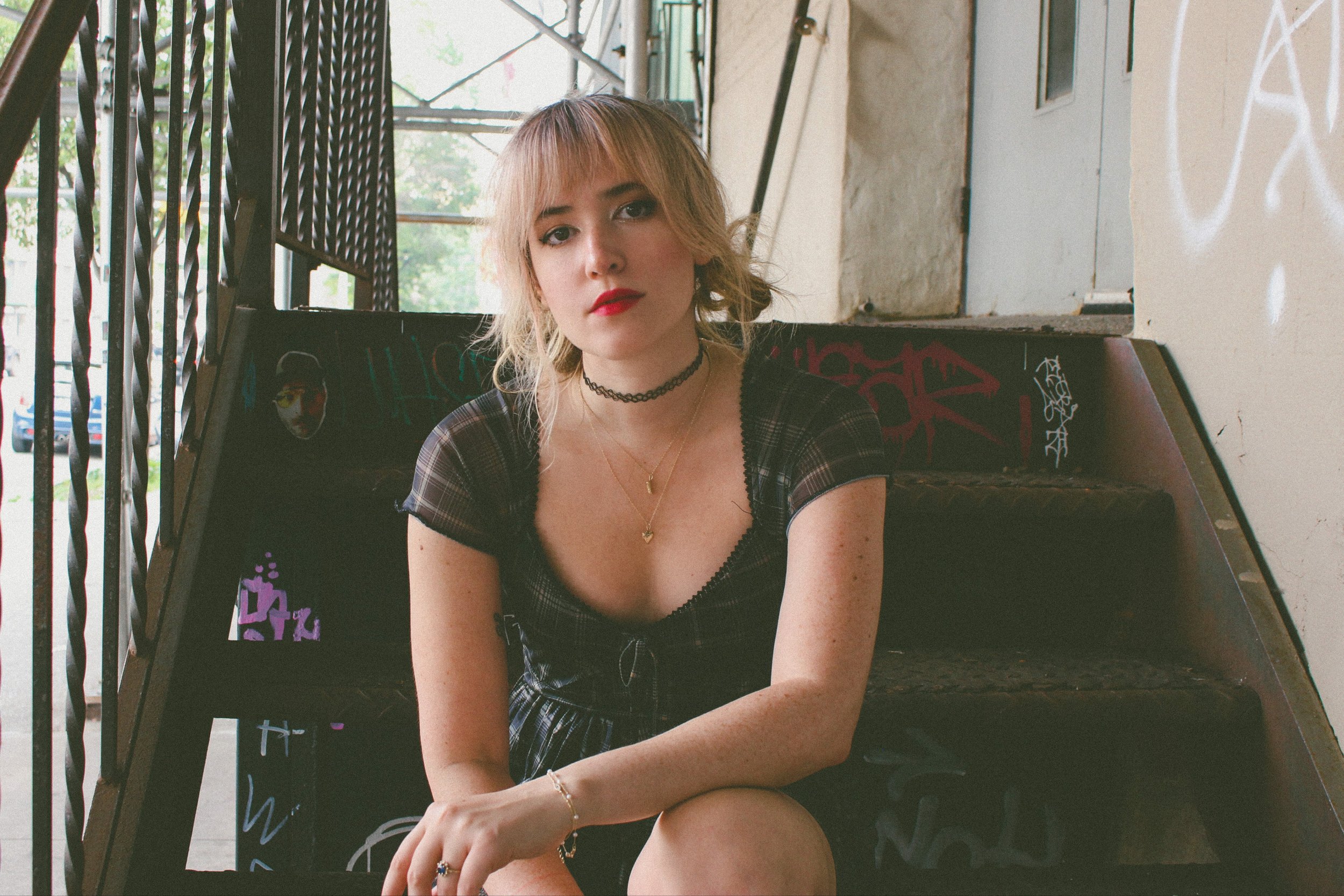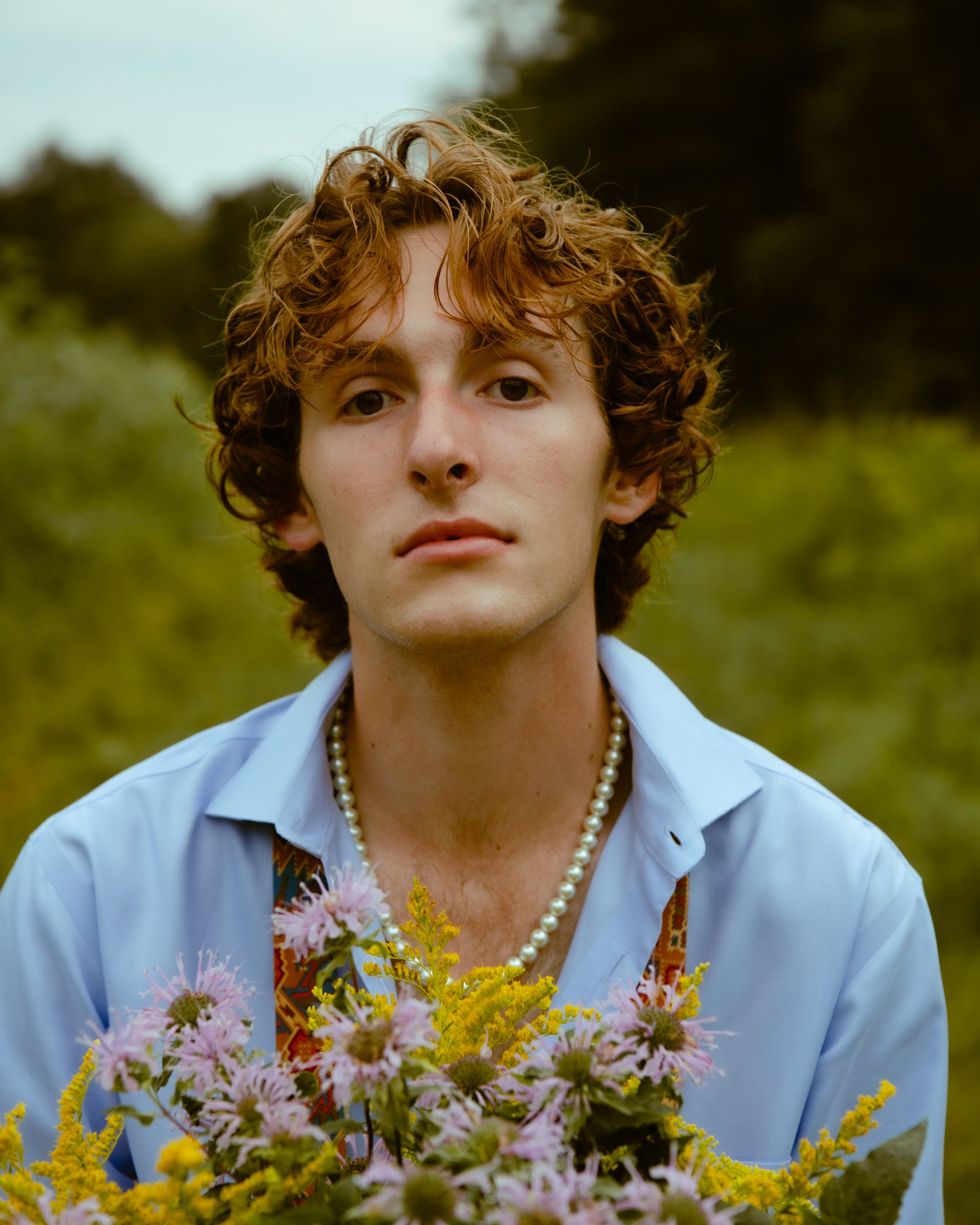by martina rexrode
photo by best ex
After getting her start deep in the punk scene in the band Candy Hearts, touring with pop punk powerhouses, and playing Warped Tour, frontwoman Mariel Loveland adopted the moniker Best Ex and switched gears. The haunting, hazy synths that inhabit Best Ex’s debut album With a Smile are worlds away from Loveland’s past endeavors while also staying true to her refreshingly vulnerable lyricism. We spoke to Best Ex about everything surrounding this debut album as well as a brief dive into what led Loveland to where she is now.
Congratulations on the release of your debut album! Is there any way to describe how it feels to have your first full-length project out in the world?
Best Ex: “It’s honestly a day I never thought would come. I’ve spent years trying to find the right sound and saving for studio time. I’ve worked so incredibly hard, both with my art and the business side of things, I just hope people give it a chance!”
What inspired the title of the album, “With a Smile?”
Best Ex: “The title track, before I had named it, inspired the album title. I was really racking my brain trying to think of what encompassed the themes on this album. I wrote the title track very early on. One of the first I wrote for the album. Throughout the whole writing process, the line ‘I’ll swallow my fears until my belly’s full and I’ll go outside with a smile’ had been constantly in the back of my mind, I feel like it just says so much, particularly about the way women are pressured to always be pleasant in public, but also the way we’re supposed to look at the atrocities happening in the world — climate change, inequality, war, disease, inflation, the current state of the GOP — and just enjoy our lives like it isn’t happening.”
At its core, With a Smile seems to encapsulate the experience of being human in today’s world, particularly as a woman. What themes would you say that the album touches on?
Best Ex: “That’s exactly what the album is about. I wanted to create an album that showed a very raw side of womanhood, the kind of stuff that often hides behind the smile society tells us we need. Women are always supposed to be grateful, humble, obedient, kind, and ever-willing to sacrifice themselves for the people around them. But behind those pressures is a real person.
That’s not to say this is an album just for women. It really focuses a lot on humanness in general. I think everyone can relate.”
How does this album capture how your life has evolved since your 2020 EP release?
Best Ex: “My life is so different from when I started writing this. I literally hear myself coming of age on the album. I was very unsettled and insecure in 2020. I wrote Good At Feeling Bad before the pandemic, I’d recently gone through horrible breakups (both a romantic and friend breakup), I had lost my job as a writer and I was living in my mom’s basement just waiting to start my life and figure out where to go from there.
The pandemic really helped me sort myself out. When I listen to this album, I hear a person rapidly growing up. Today, I feel much more confident. I worked really hard to achieve most of the things I hoped for back then, this album being one of those! I went from my mom’s basement to an apartment in Brooklyn and it feels like a fairytale.”
Which songs do you feel sum up the album best in terms of its overall theme?
Best Ex: “Like I said before, I think the title track. It’s so much about wallowing in your house, sitting in that sheltered place where you look out on the world and let your insecurities and fears take the best of you.”
Is there any advice you received during your previous musical ventures that you still carry with you?
Best Ex: “Yes! There are two amazing pieces of advice I always think about from people far more successful than me. One is that no one will care more about your band than you do. That means you have to be your champion. If you don’t have a team, if you don’t have people around you who are going to be your cheerleader, you have to be your cheerleader and you have to do it all yourself. Don’t become complacent letting other people steer the ship, they’re not as invested.
The second piece of advice is a statement: ‘it will never be enough’ in regards to success. A music career thrives on external validation, and it’s very easy to think ‘if I get to this level, I’ve made it’ and ‘wait, actually, if I just do this one more thing, I’ve made it.’ But there will always be something else. You need to find your own validation within yourself and enjoy every moment. I look back at the times wherein the moment I thought I was failing, and I was in fact ‘making it.’”
What do you hope listeners take away most from With a Smile after listening from start to finish?
Best Ex: “I really just hope that listeners relate. I want them to hear something and think, ‘Hey, I didn’t think anyone else noticed that or felt that way,’ and know that I’m here, I do, and they’re not alone.”





